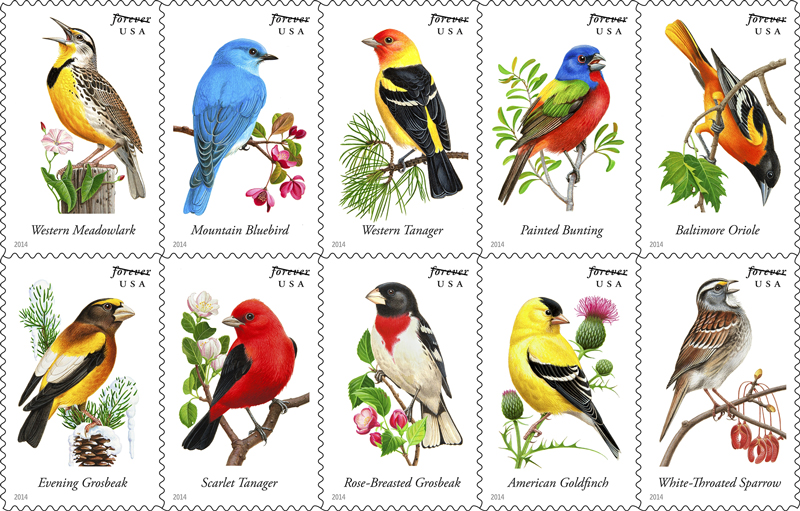Industrial agriculture, with its heavy use of chemical pesticides, pollutes our water and soil and leads to loss of habitats and biodiversity, according to a Greenpeace report. With almost one in four (24.5%) vulnerable or endangered species in the EU being threatened by agricultural effluents, including the use of pesticides and fertilizers, species survival and crucial ecosystem services, like pollination, are at risk. Political and financial support is urgently needed to shift from chemical-intensive, damaging agricultural methods, to sustainable ecological farming practices. In Europe, a catastrophic decline of insects was signaled by the "IUCN Task Force on Systemic Pesticides" in 2015, after analyzing over 800 scientific reports. The impacts can be devastating, as 70 per cent of the 124 major commodity crops directly used for human consumption like apples and rapeseed are dependent on pollination for enhanced seed, fruit, or vegetable production. Dirk Zimmermann, Ecological Farming Campaigner at Greenpeace Germany said: "Europe's dependency on chemical pesticides is nothing short of an addiction. Crops are routinely doused with a variety of chemicals, usually applied multiple times to single crops throughout the whole growing season. Non-chemical alternatives to pest management are already available to farmers but need the necessary political and financial support to go mainstream."
The report Europe's Pesticide Addiction. How Industrial Agriculture damages our Environment. reviews existing scientific literature on the use of synthetic chemical pesticides in agriculture. Those pesticides pose a major threat to biodiversity either endangering species directly, by poisoning and eventually killing them, or indirectly, by disrupting ecosystems, e.g. through a collapse of the food web. A quarter of the 471 active ingredients of pesticides approved in the EU exceed the critical thresholds for persistence in soil or water, and 79 exceed the critical toxic values for water organisms.
'Cocktails' of several pesticides commonly contaminate the environment, but the effects of such chemical mixtures are not routinely assessed as part of the EU pesticides' authorisation process. In addition, pesticides are assessed by active ingredients, instead of examining the impacts of the actual marketed product used in the field. The EU process also fails to properly assess the long-term effects of exposure to low doses of pesticides, as it mainly focuses on their acute toxicity.
"We are calling for a complete overhaul of current chemical-addicted agricultural habits, starting with our leaders taking a stand against pesticide use and for sustainable, ecological farming", said Zimmerman>
Source: Dominican Today, 17 October 2015
http://www.dominicantoday.com/dr/world/2015/10/17/56872/Europes-pestici…

- Log in to post comments
